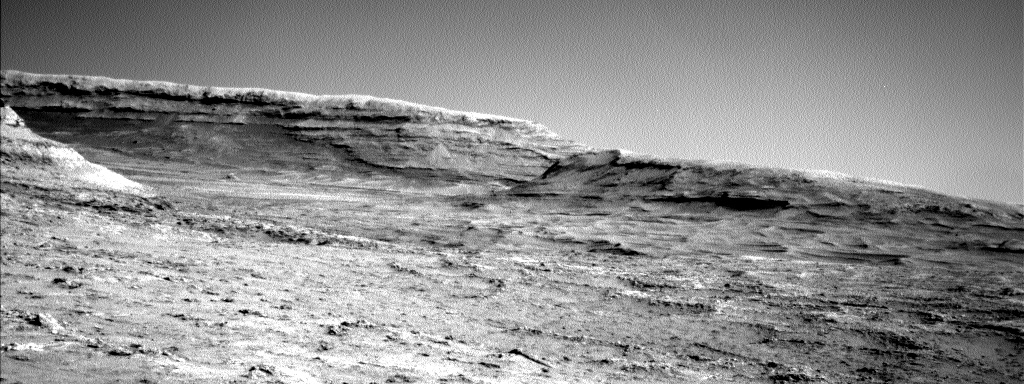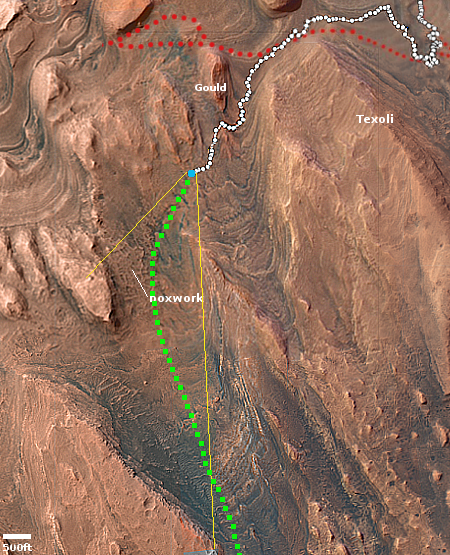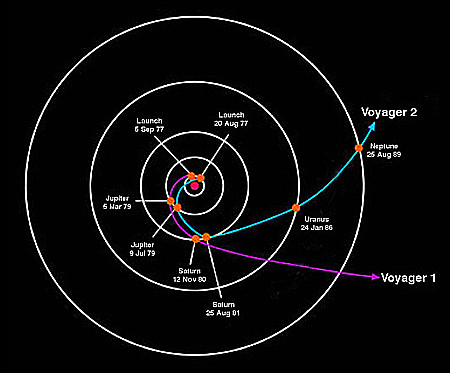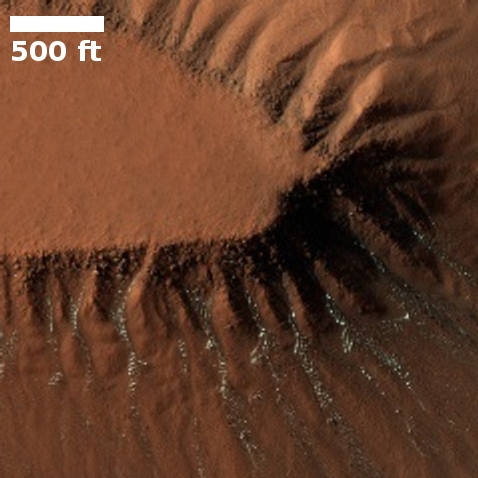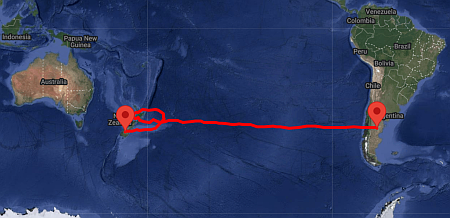Norway today became the 55th nation to sign the Artemis Accords, the second nation to do so since Donald Trump assumed the presidency.
The full list of nations now part of this American space alliance: Angola, Argentina, Armenia, Australia, Austria, Bahrain, Bangladesh, Belgium, Brazil, Bulgaria, Canada, Chile, Colombia, Cyprus, Czech Republic, Denmark, Dominican Republic, Ecuador, Estonia, Finland, France, Germany, Greece, Iceland, India, Israel, Italy, Japan, Liechtenstein, Lithuania, Luxembourg, Mexico, the Netherlands, New Zealand, Nigeria, Norway, Panama, Peru, Poland, Romania, Rwanda, Saudi Arabia, Singapore, Slovakia, Slovenia, South Korea, Spain, Sweden, Switzerland, Thailand, the United Kingdom, the United Arab Emirates, the Ukraine, the United States and Uruguay.
Unlike previous announcements, the only official public announcement (so far) was from the State Department. NASA has not yet issued its own statement. Also, and maybe far more important, unlike the previous announcement in April when Bangladesh signed, the text of the announcement made no mention of the Outer Space Treaty, as had been routinely stated during the Biden administration.
When Trump in his first term had created the Artemis Accords, the goal had been to create an American alliance of nations that supported private property and capitalism, which could also become strong enough to either get around the Outer Space Treaty’s restrictions on these concepts, or work to revise that treaty entirely to allow nations to establish such laws on other worlds. During Biden’s term that goal was abandoned. NASA announcements of new signatories would always state bluntly the exact opposite, that the accords were designed to support the Outer Space Treaty, using this language:
The Artemis Accords are grounded in the Outer Space Treaty and other agreements including the Registration Convention, the Rescue and Return Agreement, as well as best practices and norms of responsible behavior that NASA and its partners have supported, including the public release of scientific data.
Today’s State Department announcement makes no mention of the Outer Space Treaty at all, instead placing the focus on the accords’ principles of private enterprise.
With an alliance now of 55 nations (which is also likely to grow), the present Trump administration is well positioned to force some action on changing or eliminating the Outer Space Treaty’s limitations on private property and the ownership of territory on other worlds. Obviously this is not the most important item on Trump’s plate, but it does need to be addressed if Americans (and everyone else) are to have the freedom to establish colonies on other planets, protected by the same laws that protect Americans on Earth.
Hopefully the subtle language change seen today in this State Department press announcement is a signal that the Trump administration intends to do so.
UPDATE: It appears that NASA still wants this alliance to uphold the Outer Space Treaty. Late today it released its own press release announcing Norway’s signing, and included the boilerplate that I quote above that it began using during the Biden administration.
I wonder when (or if) Marco Rubio or any of the higher ups in the Trump administration (including Trump) will ever take an interest in this issue. So far it does not appear they have.

